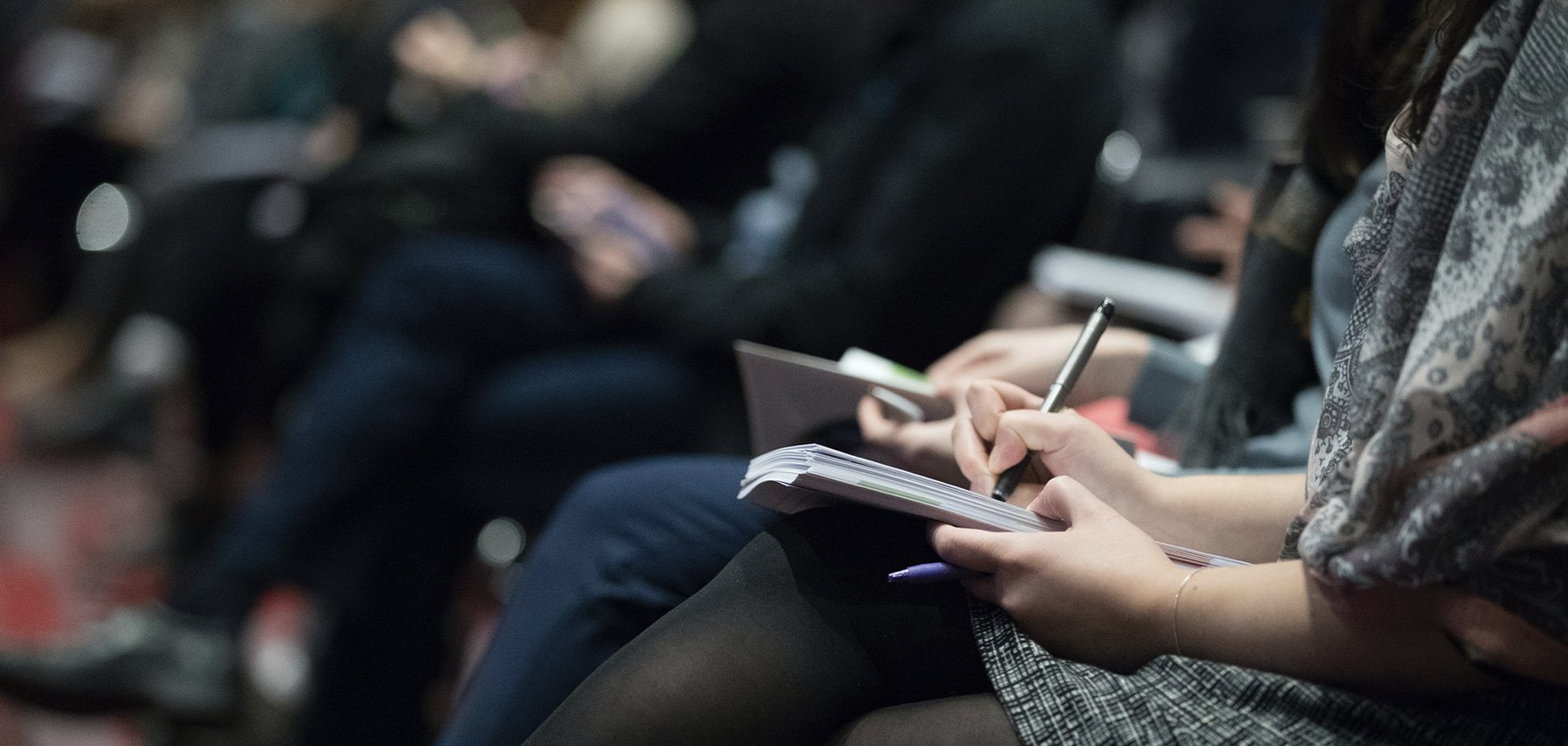Community
Public Sector's Top 3 Takeways from UK GovCamp
03 February 2023 • 4 min read

UK GovCamp is a free, annual 'unconference', for people interested in exploring how public sector does digital. Unlike a traditional conference, with a set agenda and prepared speakers; GovCamp invites the day's attendees to volunteer their own topics for discussion, serving the nation's needs and interests as public sector should.
This year, GovCamp was hosted in Barnsley, London and online, and our Public Sector team were proud to be sponsoring, in their ongoing mission to share knowledge, connect with the community, and deepen their understanding of public sector needs. So after three days of heated discussions with passionate, like-minded people, we asked Sarah O'Donnell and Jacob Farrugia for the big run down. Here are their top three takeways, that can help shape your public digital approach in 2023.
1. We need more cross-government collaboration
There is a thirst from civil servants and contractors alike, that we can lean on each other much more than we now do, to share learnings and reduce duplication of work.
There was general consensus that different government departments can share and collaborate much more effectively than they currently do.
As this was discussed, there were some clear challenges stopping individuals and teams from doing this, including:
- Budget and time constraints - sharing is an additional task to do (even though this could save time in the long run!) meaning that individuals found it hard to carve out time to dedicate to this, even though they really want to
- There is no dedicated ownership of ensuring collaboration happens - this is a full-time job (although some argued this was meant to be owned by heads of departments)
- a perceived lack of psychological safety in some teams and departments, where in some circumstances making mistakes and sharing work is not encouraged
- There is endless information to be shared, and endless information to read and absorb; so this will likely always be a challenge.
We realised the responsibility of certain roles in teams to ensure they are setting the departments up for success in this area; are Heads Of creating safe spaces to fail? Are they ensuring their teams are getting the headspace and time to share more widely?
We also discussed the individual responsibility we all need to take to make sure we are sharing as much as we can.
2. Research is a powerful tool, if it's used correctly
One of the second sessions of the day discussed how to make services accessible in a sustainable way, without alienating research participants.
We spoke about how every service in government aims to meet service standards; including being accessible, which means doing research with people with a range of access needs. The risk with this is that:
- Teams are likely researching the same thing repeatedly across government departments. How many times has a standardised form field been tested in individual teams and with GDS?
- Teams are likely researching with the same participants with access needs repeatedly across government departments. There is a risk of alienating these participants, who may become disillusioned over time when providing feedback on similar issues across different services.
There was a feeling in the group that delivery teams can become overly focused on activities that are perceived to meet a service assessment requirement, rather than focusing on delivering great outcomes for users. User-centred teams can sometimes feel like they are doing tick-box activities.
We agreed that we need research to be focusing on the nuances that our services have, including thinking about the flow of the service, comprehension and being able to make progress or complete a task, over testing components that have been repeatedly tested across government.
3. Co-design needs to be more than a box ticking exercise
Towards the end of the day, we attended a session about co-design. The conversation started with overwhelming support for using co-design as a tool in order to be more user-centred. But, it also covered the challenges of co-design.
It was clear that there are lots of different interpretations and levels of understanding of co-design, with the discussions including:
- Ensuring participants have genuine influence in the design process, as they are unlikely to understand the wider constraints of Ministers and Policy
- The ethical considerations to be made with co-design, where the participants may be the only people in the room not getting paid (in circumstances where incentives are not offered)
- Being clear about how the outputs from co-design will be used, so that participants don't become frustrated or feel ignored.
Although there were lots of concerns about how to use co-design effectively and ethically, the group were still positive that, used in the right way, the process can enable users to shape the design of services. Our key considerations for this would be:
- Incentivising participation, where possible.
- Having the right people involved in the planning and execution of the co-design. Consider consulting your Designers, User Researchers and Service designers.
At AND Digital, we believe that cross-government sharing and collaboration is critical to the success of digital services. Events like UK GovCamp are a great way to promote essential knowledge-sharing, align on goals and agree shared priorities going forward.
Sarah O’Donnell is a User Researcher in the Public Sector team at AND Digital.



